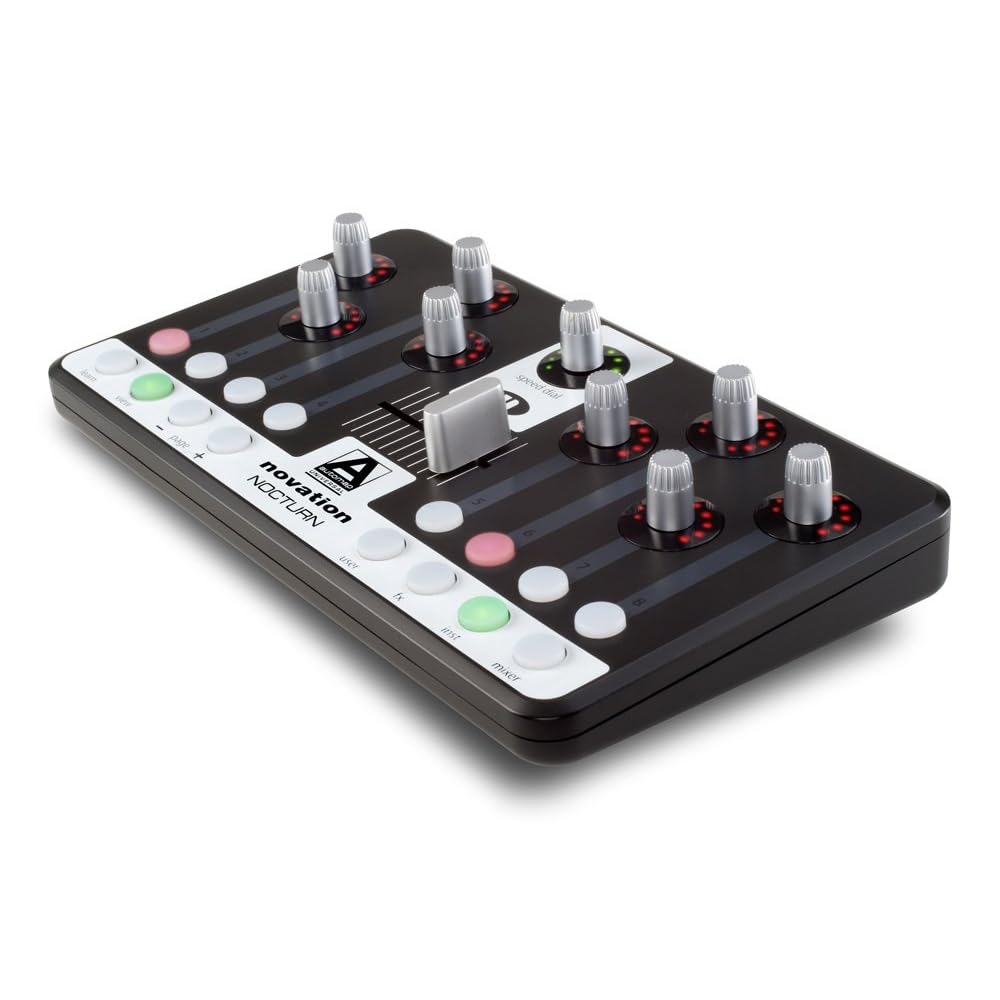Having trouble with your Windows 11 File Explorer freezing? Here’s a quick fix.
Restart Techniques for Stability
Restarting your computer can often be an effective solution for fixing freezing issues in Windows 11 File Explorer. To restart your computer, follow these steps:
1. Save any unsaved work and close all open applications.
2. Press Ctrl + Alt + Delete on your keyboard to open the Task Manager.
3. In the Task Manager, click on the Power button in the bottom-right corner.
4. Select Restart from the dropdown menu.
5. Wait for your computer to shut down and then start back up again.
After your computer restarts, launch File Explorer and check if the freezing issue persists. If it does, you may need to try other troubleshooting methods or seek further assistance. Restarting your computer can help clear temporary files, refresh system processes, and resolve any software bugs or glitches that may be causing the freezing problem.
Modify File Explorer Settings
1. Open File Explorer by pressing the Windows key + E.
2. Click on the View tab in the File Explorer ribbon.
3. In the Show/hide section, uncheck any options that are causing freezing issues, such as Preview pane or Details pane.
4. Next, go to the Options button in the Layout section and click on it.
5. In the Folder Options dialog box, switch to the View tab.
6. Under the Advanced settings section, uncheck the Launch folder windows in a separate process option.
7. Click Apply and then OK to save the changes.
These steps should help resolve any freezing issues you are experiencing with File Explorer in Windows 11.
System and Software Updates
![]()
To fix freezing issues with Windows 11 File Explorer, you can try updating your system and software. Start by checking for Windows updates and installing any available updates. This can help fix bugs and improve system stability.
Additionally, make sure your antivirus software is up to date. Sometimes, outdated antivirus software can cause conflicts and freezing issues.
If the issue persists, you can use the Task Manager to end any unresponsive File Explorer processes. Press Ctrl + Shift + Esc to open the Task Manager, locate the File Explorer process, and click on “End task”.
Another helpful step is to run the System File Checker tool. Open a Command Prompt as an administrator and type sfc /scannow. This tool will scan your system files for any errors and repair them if necessary.
Troubleshooting with System Tools
When Windows 11 File Explorer freezes, there are several system tools you can use to troubleshoot and fix the issue.
First, try restarting your computer to see if the freezing was caused by a temporary glitch. If that doesn’t work, you can use the Task Manager to end any unresponsive processes or applications that may be causing the freeze.
If the issue persists, you can use the System File Checker tool to scan for and repair any corrupted system files. Open a Command Prompt as an administrator and run the command “sfc /scannow”.
Another tool you can use is Microsoft Defender Antivirus to scan for malware or viruses that may be causing the freeze. Open the Windows Security app and run a full scan.
Adjust Visual Elements

1. Open File Explorer by pressing the Win + E keys together.
2. Click on the “View” tab in the File Explorer ribbon at the top.
3. In the “Layout” section, select “Options” and then “Change folder and search options.”
4. In the Folder Options dialog box, go to the “View” tab.
5. Under the “Advanced settings” section, scroll down and locate “Use smooth scrolling” and uncheck it.
6. Click on “Apply” and then “OK” to save the changes.
7. Restart File Explorer by pressing Ctrl + Shift + Esc to open Task Manager, locate “Windows Explorer” under the Processes tab, right-click on it, and choose “Restart.”
8. Check if the freezing issue is resolved.
Adjusting visual elements and disabling smooth scrolling can help improve File Explorer performance and prevent freezing.
Manage Security Software
1. Update Windows: Ensure that your operating system is up to date by checking for and installing any available Windows updates. This can help resolve compatibility issues and address software bugs.
2. Check for software conflicts: Some security software may conflict with File Explorer, causing it to freeze. Open Task Manager (press Ctrl + Shift + Esc) and end any processes related to third-party security software.
3. Use Microsoft Defender Antivirus: Windows 11 comes with built-in antivirus protection. Make sure it is enabled and up to date. Open the Control Panel and navigate to Windows Security to check its status.
4. Clear File Explorer cache: File Explorer may freeze due to a glitch in its cache. Open File Explorer, click on the “View” tab, and select “Options.” Under the “General” tab, click on “Clear” next to “File Explorer history.”
5. Perform a clean boot: This will help identify if a third-party application is causing the freezing issue. Open the Run dialog (press Win + R), type “msconfig,” and hit Enter. In the System Configuration window, go to the “Services” tab, check the box for “Hide all Microsoft services,” and click on “Disable all.” Then, go to the “Startup” tab and click on “Open Task Manager.” Disable all startup items, close Task Manager, and restart your computer.
Explore Advanced Options
- Update Windows 11: Ensure your operating system is up to date to fix any known issues in File Explorer.
- Check for driver updates: Update your device drivers, especially the ones related to storage or graphics, as outdated drivers can cause freezing.
- Disable Quick Access: Temporarily disable Quick Access in File Explorer settings to see if it resolves the freezing problem.
- Clear File Explorer history: Clearing the history can help eliminate any corrupt or conflicting entries that could be causing the freezing issue.
- Disable thumbnail previews: Disabling thumbnail previews can improve File Explorer performance and prevent freezing.
- Run System File Checker (SFC) scan: Use the built-in SFC tool to scan and repair any corrupted system files that might be affecting File Explorer.
- Check for malware: Run a full system scan using a reliable antivirus program to check for any malware or viruses that could be causing File Explorer to freeze.
- Disable context menu items: Temporarily disable third-party context menu items to identify if any of them are causing File Explorer freezing.
- Perform a clean boot: Start Windows with only essential services and programs to determine if a conflicting application is causing the freezing problem.
- Reset File Explorer settings: Resetting File Explorer to its default settings can resolve any configuration-related issues that may be causing freezing.
FAQs
Why does File Explorer keep freezing when I right click?
File Explorer may keep freezing when you right click due to compatibility issues with shell extensions from third-party programs or apps. Additionally, corrupt or missing system files can also cause these crashes.
Why does Microsoft Explorer keep crashing?
Microsoft Explorer may keep crashing due to a corrupted or missing system file. To resolve this issue, it is recommended to run the System File Checker (SFC) as an administrator. This will scan and repair any corrupted files, after which restarting your PC may help fix the problem.
Why does Windows Explorer keep going unresponsive?
Windows Explorer may keep going unresponsive due to several factors. These include using an outdated or corrupted video driver, corrupt or mismatched system files, or a possible virus or malware infection on the computer.
How do I fix Windows Explorer from freezing?
To fix Windows Explorer from freezing, you can try these troubleshooting steps:
1. Update your Windows operating system to the latest version.
2. Check for and install any available updates for File Explorer.
3. Scan your computer for malware and remove any detected threats.
4. Disable unnecessary add-ons and extensions in File Explorer.
5. Clear File Explorer’s cache and temporary files.
6. Reset File Explorer’s settings to default.
7. If the issue persists, consider performing a system restore or reinstalling Windows.

